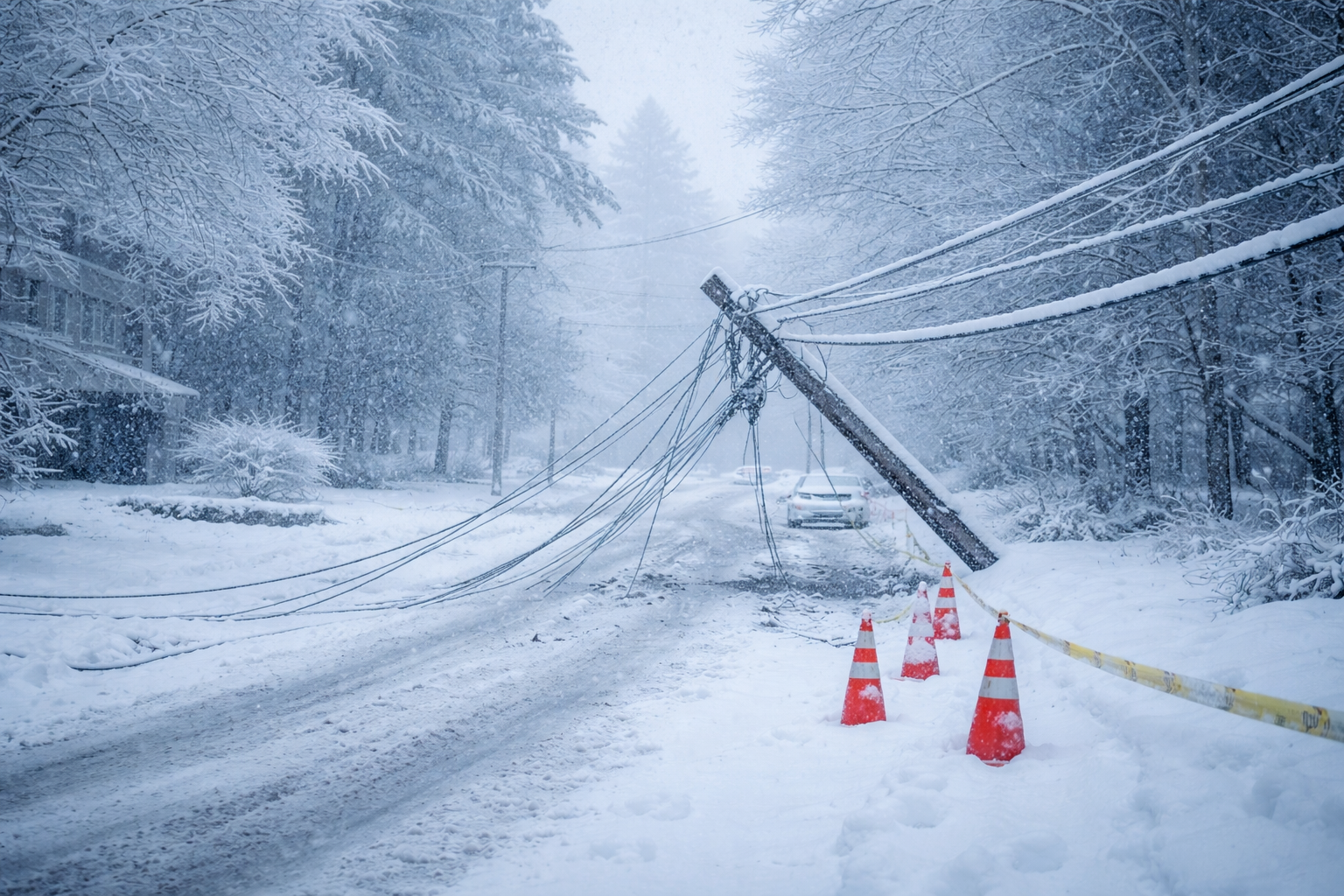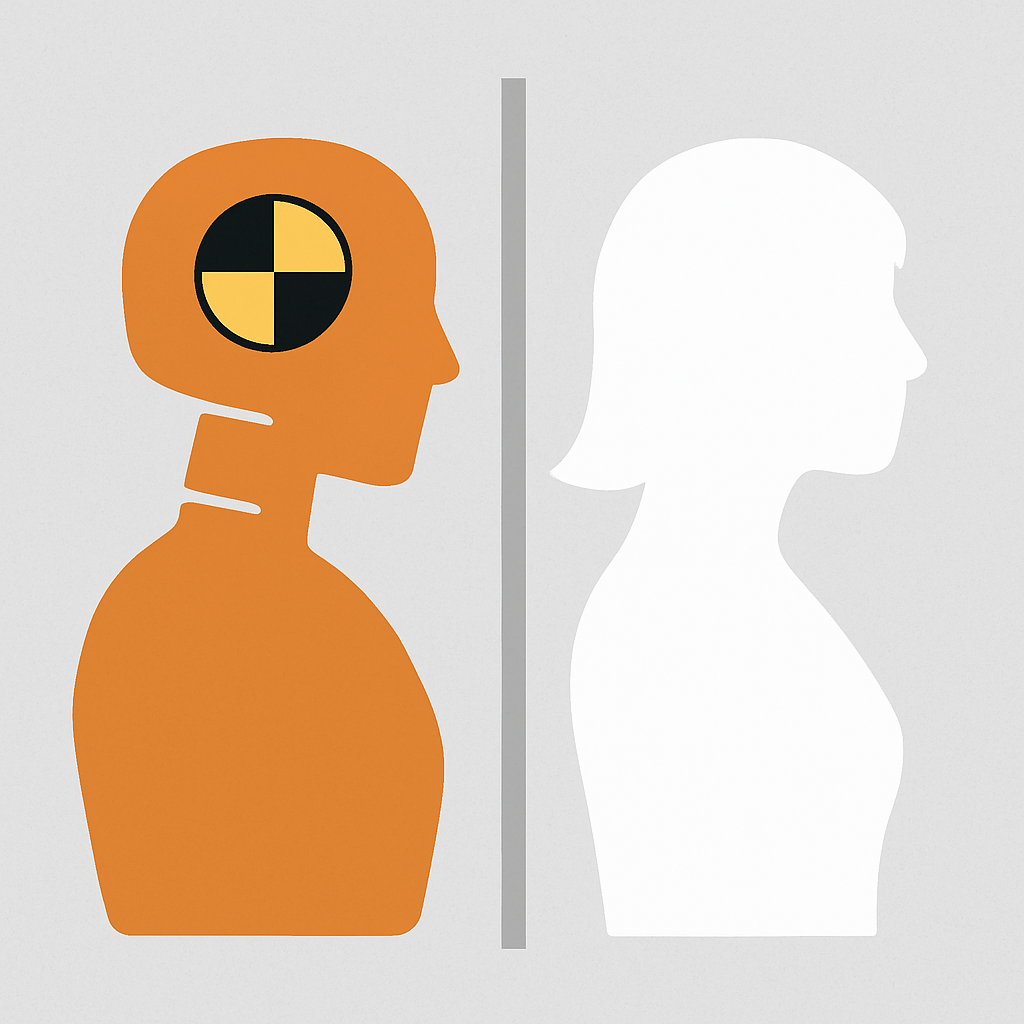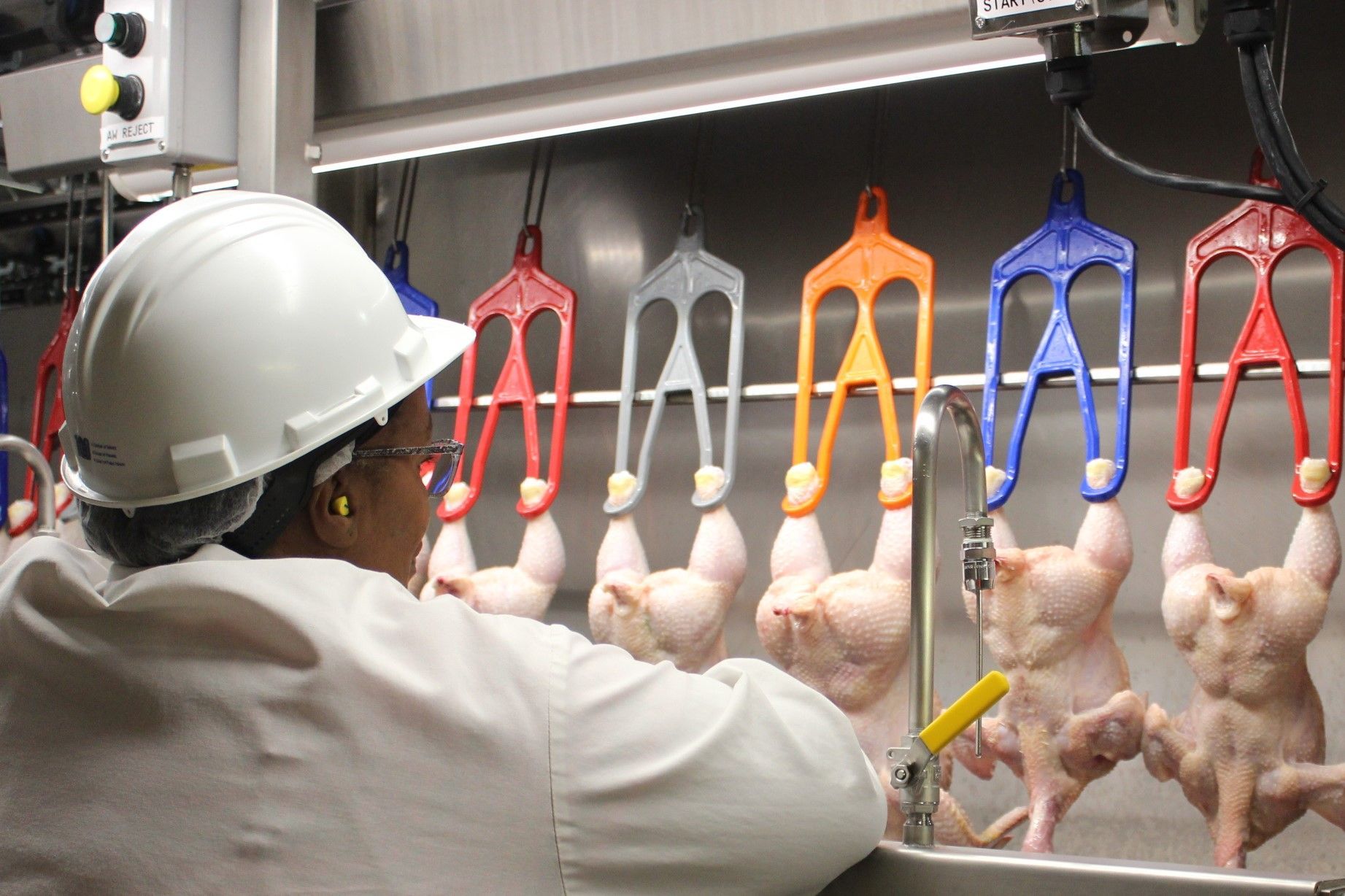BIG BOX RETAILERS CAN BE SUED IN FAILURE TO WARN LITIGATION
In a typical failure to warn claim, plaintiffs' attorneys go after a product's manufacturer, usually claiming some kind of product defect that rendered the product hazardous to consumers and that the manufacturer failed to warn consumers of the dangers associated with the product. Defendants' attorneys usually counter that the product is not hazardous (or that the hazard is open and obvious) and, therefore, any warning they provided (or failed to provide) was either adequate or unnecessary. Plaintiffs' lawyers who only sue the manufacturer may be missing an important target in their litigation: the big box retailer who actually sells the product to the ultimate consumer of the product. The theory behind my proposition is that large retailers are basically in the real estate business. Instead of selling buildings, they are selling (or renting) shelf space, the availability of which is limited, for obvious reasons. So, just like a potential home buyer or renter must narrow their choices down from possibly several attractive housing choices, so does a large retailer have to choose among potentially hundreds (or more) of available products to put on their shelves. How do they do this?
If an actress wants a role in a Broadway play, they must audition for the part, usually in front of producers, directors, casting directors, writers, etc. who look for certain characteristics or traits in the actress to help them make their decision. Such is also the case when a manufacturer wants to convince a large retailer (e.g., Home Depot, Best Buy, Walmart's, Bed Bath and Beyond, or even Amazon...who has digital shelves) to put their product(s) on their shelves. The manufacturer basically auditions for the retailer's space by trying to convince decision makers for the retailer that their product meets the criteria set by the retailer and made available to the manufacturer typically in a guide book that contains lists of such criteria (e.g., profitability, availability, speed of delivery, product safety and product packaging requirements, among others). Some retailers even have separate product safety guidebooks and even employ their own staff who decide about safety issues, including what warnings are adequate as to their content, visibility and location.
Some large retailers may initially try to use "the dropped shoulder technique" as their defense: "Don't blame me, it's the manufacturer's responsibility to provide adequate warnings; we just pass on their warnings." If you're a plaintiff's lawyer, don't buy into that defense. Perhaps a couple examples may help.
In one case, I was working for a plaintiff's lawyer in Houston who sued the manufacturer of a work light that reached extremely high temperatures when used as intended, and in this case, the use was to illuminate the interior of a ship's hull while the plaintiff was sandblasting to remove rust from the hull. Shortly after the light was turned on inside the hull, the heat from the light ignited combustible fumes found in the interior, killing one worker and severely injuring another. The manufacturer of the light, in my opinion, had virtually no conspicuous warning to alert consumers of the very real danger of the light reaching temperatures approaching 1200 degrees F. The retailer, one of the nation's largest home products' big box retailers, at first claimed they just passed on the manufacturer's warnings. However, during discovery which included document production and deposition testimony, it became readily apparent that the retailer had not only a manufacturer's handbook containing many paragraphs describing their expectation that the manufacturer must follow all product standards and regulations relating to warnings and packaging, but also must meet the retailer's own standards (outlined in detail in a separate safety guide they made available to all auditioning manufacturers, which even included graphics appropriate for any warnings....all devised by their own full-time safety employees. Their goose was cooked when I testified that this retailer was actually "in the warnings business" and could prevent a product from reaching their shelves which didn't meet their standards. Ironically, a few years later in a separate case involving a different product, a ladder, sold by the same retailer, the retailer tried the same dropped shoulder defense, and even produced a ladder expert from their company who denied knowledge of such guidebooks or safety experts within the company. It may be that this ladder expert was being truthful in her ignorance rather than deceptive. I call this a case of "the left side didn't know what the right side was doing." Nevertheless, their goose was also cooked when I produced the documentary evidence.
Finally, even large digital retailers are vulnerable to claims of failure to warn about hazards found in products they sell on their digital shelves. Such was the case when a plaintiff purchased a dangerous pet that required a metal cage to avoid having the pet get loose and cause potential damage not only to home furnishings but also to humans. When the plaintiff conducted a search within the digital retailer's website for a cage to house this pet, a mesh cage appeared as one possible (and inexpensive) option. The plaintiff bought this product, resulting in the pet easily chewing through the mesh and seriously injuring the plaintiff's infant. There were no warnings on the digital retailer's website about this very hazardous possibility, and immediately after the lawsuit was filed, the retailer attempted to pull the product by deleting it from being listed as appropriate for this particular pet...but not before my client, the plaintiff's attorney, had procured a screen shot of the product listed for sale on the digital retailer's "shelf." Their goose was also cooked, and, no, the pet was not a goose.
The lesson both for big box retailers and their attorneys, as well as for eager plaintiffs' lawyers looking to add defendants to their lawsuits is quite simple. The retailer may indeed be a ripe target in a failure to warn claim, and should pay attention to the adequacy of the manufacturers' warnings BEFORE renting or selling their valuable shelf space to them. It's not just about the profitability of the product. More importantly, it's about the safety of the consumer.

Winter in the Northern Hemisphere brings cold weather, snow, and often severe storms. These conditions can lead to power outages that last hours or even days. When electricity is lost and temperatures plummet, many households turn to alternative heating methods or portable power generators. While these actions are understandable, they can expose families to a perilous and often invisible threat: carbon monoxide (CO) poisoning .

As Thanksgiving approaches, kitchens across the country are about to come alive with the sounds and smells of holiday cooking. While this season brings family, gratitude, and plenty of delicious food, it also comes with a serious and often overlooked risk: foodborne illness. In the U.S., Salmonella and Listeria remain two of the most dangerous and persistent causes of food poisoning—especially during the holidays, when increased food preparation, crowded refrigerators, and large holiday meals create ideal conditions for bacterial growth.Whether you’re hosting your first Thanksgiving dinner or you’re a seasoned holiday chef, brushing up on a few key food safety practices can help you keep your loved ones healthy and your celebration memorable for all the right reasons.

The race to develop autonomous vehicles (AVs) has reached a pivotal moment. Alphabet-owned Waymo, widely regarded as the frontrunner in the field, has rolled out fully driverless taxis in Phoenix, San Francisco, and Los Angeles, with plans to expand to additional cities. But as more Waymo vehicles hit public roads without human drivers, the question looms large: Are they truly safer than the people they’re replacing behind the wheel?

We are now in the middle of another football season, and the question, as asked every year: Is this sport safe enough for our high school, college, and professional athletes to play? Football has always been a violent sport of collision, glory, and growing concern. Over the last decade, research tying repetitive head impacts to chronic traumatic encephalopathy (CTE) has shaken parents, players, and the game’s governing bodies. The central realities are straightforward but sobering: repeated head impacts — both diagnosed concussions and the many “sub-concussive” blows players take — are linked to later-life brain pathology; helmets and add-ons can lower impact forces, but no helmet or cover has been shown to prevent CTE; and rule and culture changes that reduce the number and severity of head impacts are where the biggest gains lie.

The Centers for Disease Control and Prevention (CDC) has long been viewed as the nation’s front-line defense against disease outbreaks, health emergencies, and public health threats. But today, the agency faces internal turmoil, political interference, and organizational confusion that experts warn could have dangerous consequences for the U.S. healthcare system—and for ordinary Americans.

From July 3–4, 2025, Central Texas—especially Kerr County and the Guadalupe River basin—experienced catastrophic flash flooding that claimed over 130 lives, including children and staff at Camp Mystic. As grief and outrage settle, survivors and officials alike are questioning whether enough was done to warn those most at risk.

On June 22, 2025, Governor Greg Abbott signed Senate Bill 25 (SB25), known as the Make Texas Healthy Again Act. Beginning January 1, 2027, Texas will require prominent on-pack warning labels whenever food sold in the state contains any of 44 specific additives—including synthetic colorants like Red 40, Yellow 5, Blue 1, titanium dioxide, bleached flour, and partially hydrogenated oils. The mandated label must declare the following:

The FDA is delaying implementation of a rule that would require food companies to print nutritional information on the front labels of their products. The proposed rule was developed by President Biden’s Administration, with a comment period scheduled to close on May 16. The rule is designed to help consumers make better choices to avoid chronic health problems. Such problems—and consumer choices about nutrition—are things President Trump’s Secretary of Health and Human Services, Robert F. Kennedy Jr., has repeatedly touted. Even though hundreds of comments have been filed about the proposed rule, Kennedy’s Food and Drug Administration is delaying the close of the comment period by 60 days. Most of the comments filed so far have come from food companies and food industry trade organizations. “ A 60-day comment period extension allows adequate time for interested parties to submit comments while also not significantly delaying rulemaking on the important issues in the proposed rule ,” according to the FDA’s announcement about the delay.

Car accidents are a leading cause of injury and death worldwide, yet the safety measures designed to protect occupants in these life-or-death situations have long ignored a critical reality: women are more likely to be severely injured or killed in crashes than men. This disparity isn't rooted in biology alone—it’s also a result of a troubling oversight in the automotive industry’s safety testing protocols. For decades, crash-test dummies, which serve as proxies for human passengers in simulated collisions, have been modeled after the average male physique, leaving women out of the equation entirely. The Alarming Data Gap The implications of this gender gap in safety testing are both staggering and infuriating. Women, on average, have different body compositions than men—they tend to be shorter, lighter, and have different muscle distributions and bone densities. These physiological differences mean that women’s bodies interact with car safety features—such as seat belts, airbags, and headrests—in distinct ways. When vehicles aren’t tested with dummies that accurately represent female anatomy, crucial data about how to better protect women in crashes is simply ignored. Studies have revealed the dire consequences of this exclusion. Research from the University of Virginia found that women are 47% more likely to sustain serious injuries in car accidents compared to men, even when accounting for variables like seatbelt usage and crash severity. Women are also significantly more likely to suffer whiplash injuries due to the positioning of headrests, which are often designed with men’s neck dimensions in mind. These statistics aren’t just numbers—they represent lives cut short, families broken, and untold suffering that could have been mitigated with equitable safety testing.

Recent budget cuts at the Health and Safety Science Services (HSSS) have sent shockwaves through the scientific and public health communities, threatening the very infrastructure designed to protect us from disease outbreaks, food contamination, and medical crises. These cuts have affected food inspectors, vaccine scientists, Alzheimer’s researchers, and experts studying bird flu, among others—positions that are essential to ensuring public safety and advancing critical medical research. The consequences of these decisions will be dire, potentially reversing years of progress and exposing society to increased health risks.





